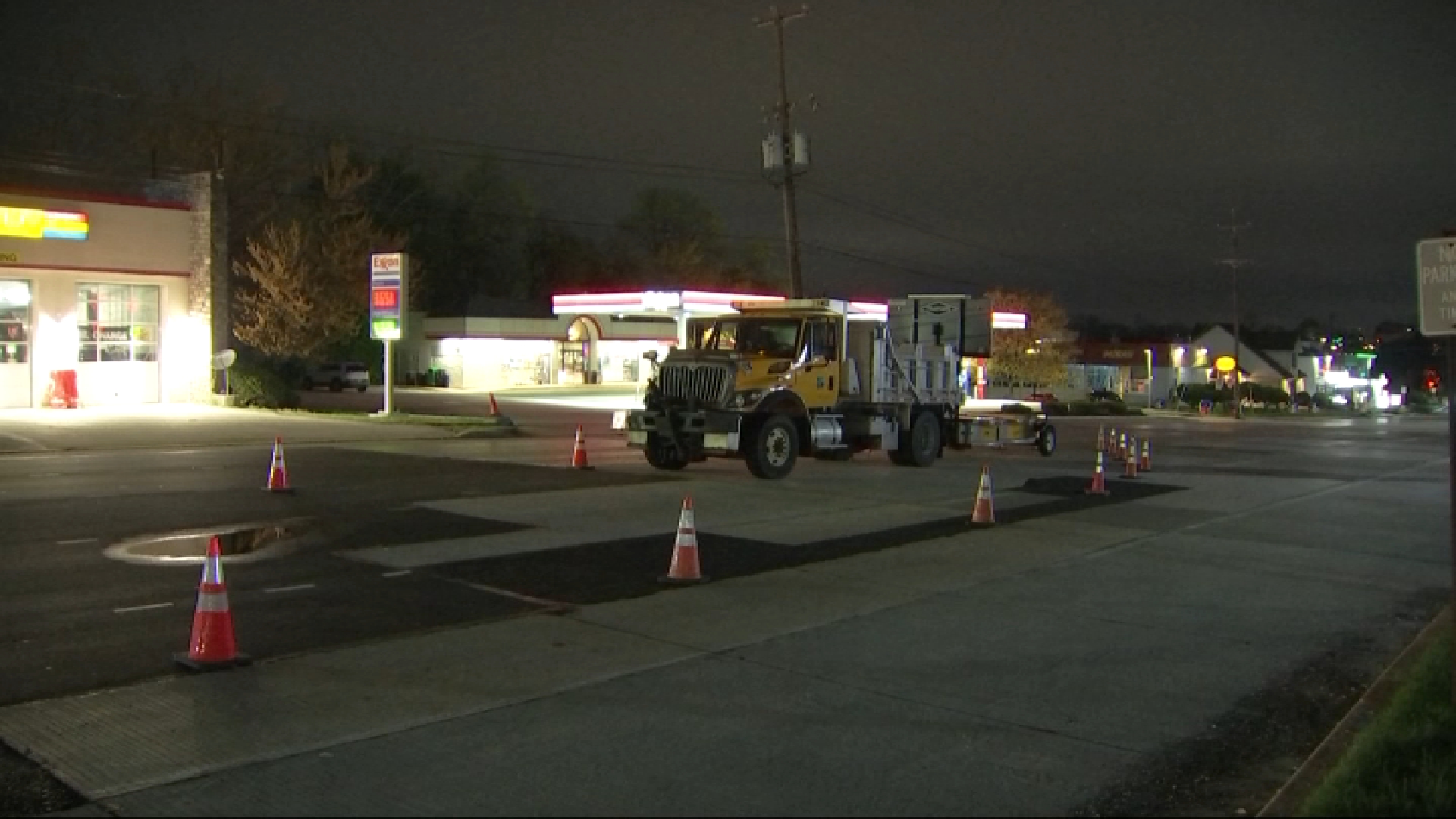With one of the busiest travel days of the year on the horizon, SEPTA Union leaders are warning that some engineers are working too many hours, putting riders in danger. SEPTA officials believe the warning is unnecessary however.
“The locomotive engineers are working 14 hour days, six days a week,” said Brotherhood of Locomotive Engineers and Trainmen (BLET) vice president Steve Bruno. “It’s something of an unsafe condition and frankly it’s becoming dangerous.”
BLET and Trainmen Division 71, which represents 200 SEPTA locomotive engineers, asked the Federal Railroad Administration (FRA) to reject SEPTA’s request for an extended waiver of safety rules, claiming SEPTA failed to follow its own scheduling procedures. They also claimed the waiver would decrease the amount of rest time available for train engineers.
“This is no way to run a railroad,” Bruno said. “Safety has to come first – but SEPTA is more interested in cutting payroll costs. They haven’t lived up to the promises they made when they got the first waiver; there’s no reason to give them a second one.”
The Union also accused SEPTA of not following safety rules for the engineers who fill in for sick and vacation coverage. BLET National President Dennis Pierce wrote a letter to the FRA, claiming SEPTA has systematically reduced “the number of locomotive engineer assignments while simultaneously increasing the number of trains and route miles in the public schedule.”
The Union claimed SEPTA is overworking its locomotive engineers and that six-day workweeks are routine for them.
“We’re seeing a lot of engineers reporting for work having had their sleep interrupted and frankly in an unrested and unsafe condition,” Bruno said.
Local
Breaking news and the stories that matter to your neighborhood.
Last year four people died after a Metro-North Railroad train derailed in New York. The National Transportation Safety Board (NTSB) blamed the accident on a sleep-deprived engineer who had a drastic shift in his work schedule.
BLET officials told NBC10 they’ve linked several accidents and violations to fatigued engineers. SEPTA officials denied those claims however.
“Each one of those particular incidents, the individuals that were involved in it had more than 24 hours off before working on that particular day,” said SEPTA Official Ron Hopkins.
Hopkins said safety was SEPTA’s top priority. He also told NBC10 SEPTA follows all federal regulations when it comes to worker fatigue.
“We believe fatigue can be an issue,” Hopkins said. “So we pay close attention to it when we do our scheduling of our regular runs. Also we make sure that if there are any extra runs there’s a meeting held between our management team as well as the union.”
SEPTA officials also told NBC10 they’re in the process of hiring and training more engineers which they said would help reduce sixth days and overtime issues.



